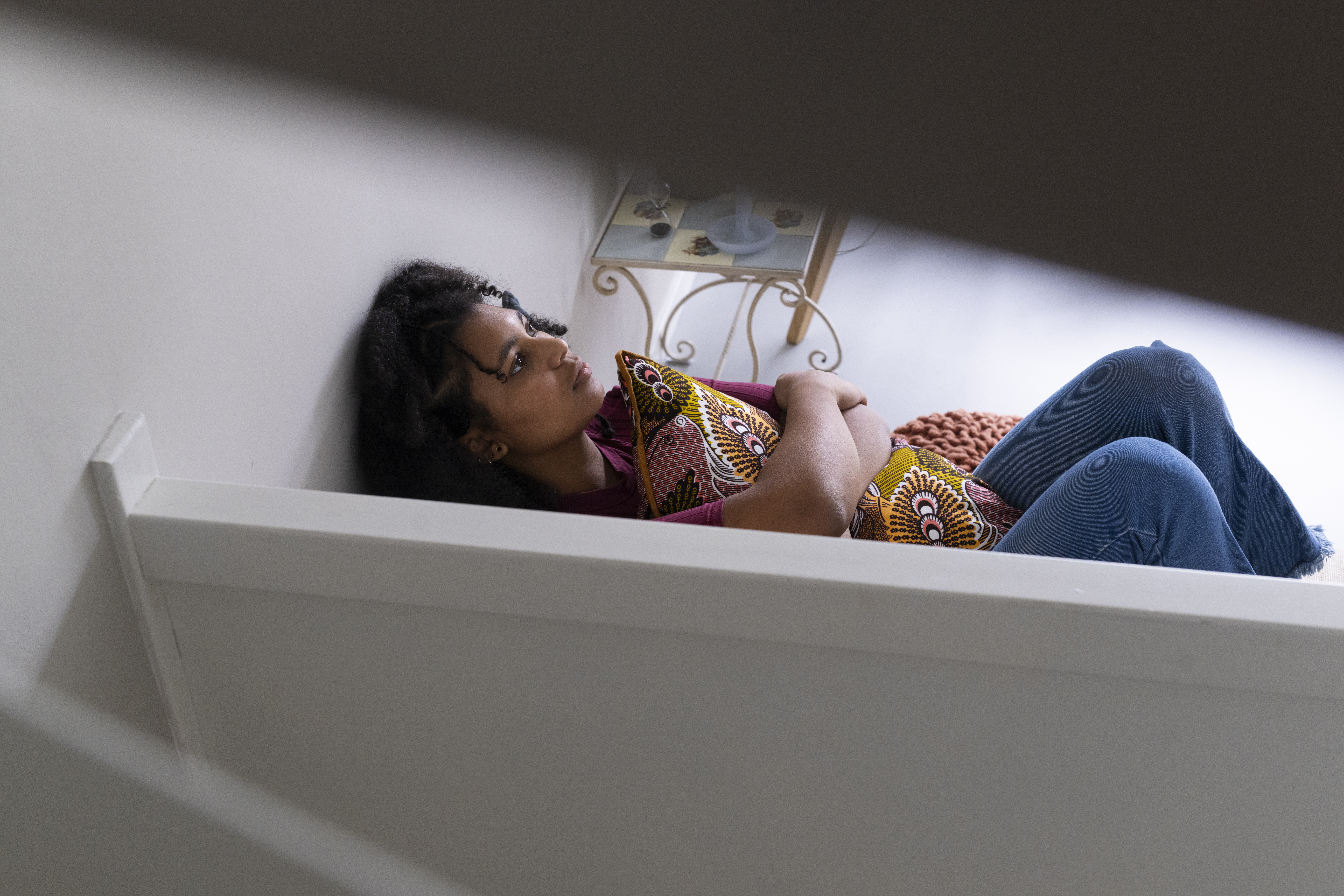Ashley Pitt experienced her first heartbreak at 20 years old. The dating space was new for her because she didn’t engage in dating during her teenage years. When she moved away from home for college, she began exploring romantic relationships. After connecting with a colleague at work, their professional relationship turned personal.
They never reached boyfriend and girlfriend status; however, their brewing romance started in 2022 and nearly lasted a year. Eight months into what Pitt described as a “situationship,” she officially ended their flirtatious ties, resulting in her first heartbreak.
“I knew I couldn’t keep going through it,” Pitt told 21Ninety. “I always tell myself I was looking for the right thing, but found it in the wrong spot.”
Navigating a heartbreak is an emotional rollercoaster, especially for first-timers in their twenties. Quinelle Hickman, a licensed therapist and founder of Counseling to Comfort, explained that maturity contributes to how people cope with experiencing heartbreak in adulthood. As you evolve in adulthood, you develop a deeper sense of self and idea of what you are looking for in a partnership. Late bloomers, who engage in solo dates, develop an upper hand in approaching dating and forming healthy partnerships.
“It’s a mixed bag,” Hickman told 21Ninety. “The beauty of a late bloomer, who has taken the time to know what they want, may actually be able to distance themselves, which does not include groveling or trying to bargain as much.”
Whether it’s a situationship or a committed relationship, there is no scale for determining the gravity of the heartbreak. The common denominator between the two is the attachment component.
“A lot of times when you form an attachment, you may think the relationship is forever because we fantasize,” she said. “Things [may] come about unexpectedly. It’s like grief or loss. I don’t know that there is less of an impact of grief because you are in a situationship. Grief looks different for everyone.”
For Pitt, the end of her eight-month romance involved countless crying sessions. It was her way of coping with an emotion that she described felt like she was being punched in the chest and shaken up. In addition to the tears, she began taking the advice of relationship experts on TikTok. Those videos helped her realize the cracks in her budding romance and showed her the nuances of a healthy partnership.
Now, at 22, on the other side of that heartbreak, Pitt said she can recognize the red flags as she continues her dating journey. She urged “late bloomers” to look out for warning signs early in the relationship and always express their feelings.
“If you genuinely feel like it is not going to work out, express that,” Pitt said. “Stick true to your gut because anyone is going to say anything to sway you. Know that you felt that way for a reason, so keep following that. Let it be that breakup and that’s it.”
In agreement with Pitt, Hickman added that those dealing with her heartbreak should take the time and rebuild their own confidence.
“When we break up, we think that we lost someone rather than that they lost us,” she said. “Affirmations are important, and they resonate when there is evidence to back those things up. [You] have to really talk about why you’re great. Let’s not leave it open or vague. List those things that make you great.”
